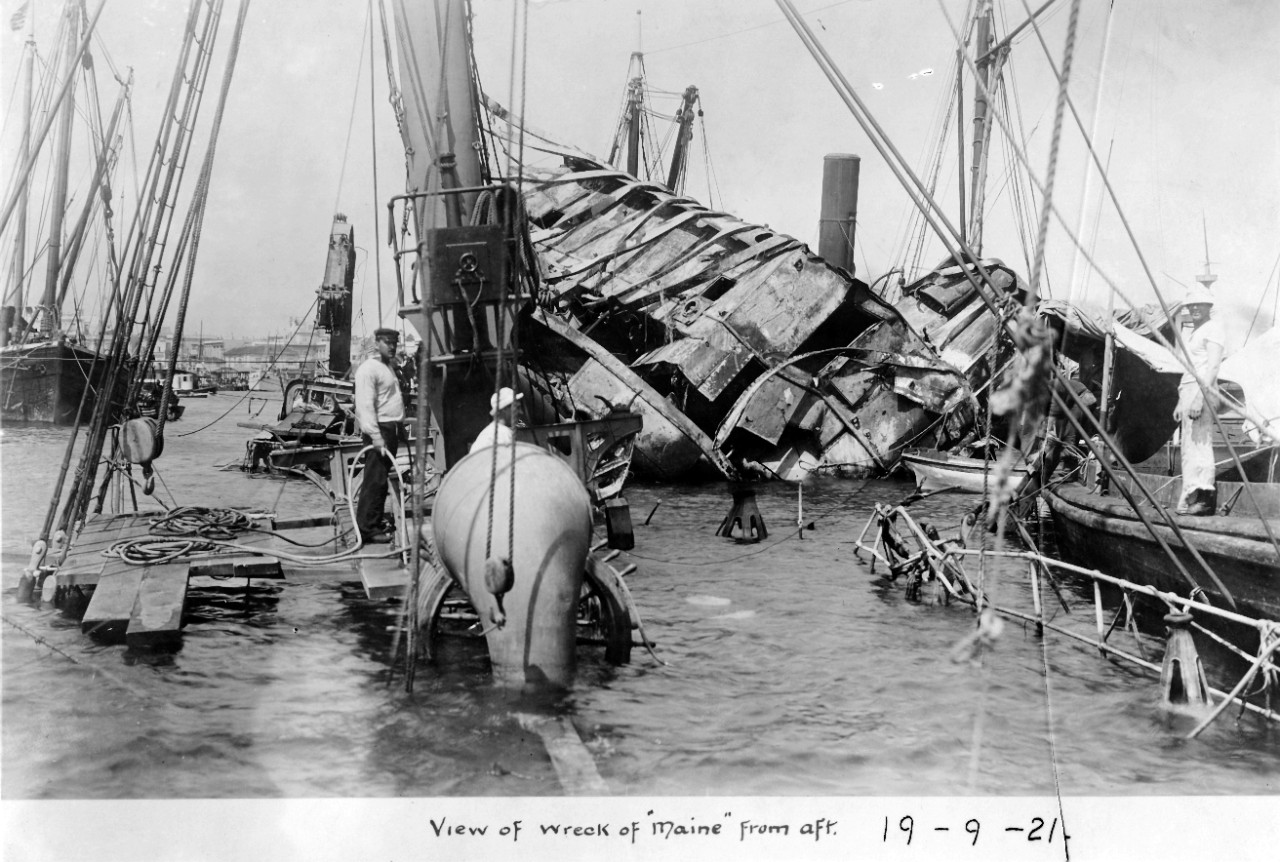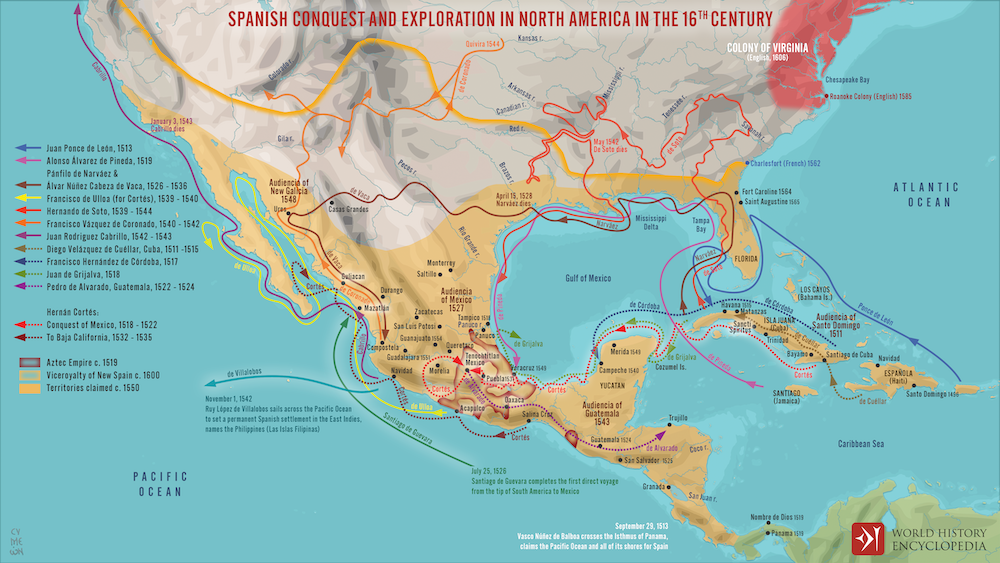Puerto Rico was ceded — given — to the United States by Spain in a treaty that followed the Spanish-American War in 1898. Puerto Rico, along with Guam, the Philippines, and Cuba, became possessions of the United States. The United States paid $20 million for the Philippines, but the rest of the territories were spoils of war.
The Treaty specified that Cuba would become independent. The United States agreed to protect Cuba during its occupation of that nation, and then to relinquish control over Cuba and allow it independence. No such agreement was made for any of the other nations. However, the Philippines became independent in the 1940s.
Neither Puerto Rico nor Guam was offered independence. Both belonged to Spain until the Treaty of Paris and were given to the United States aa part of the treaty.
The Spanish-American War
How did the United States get into a war with Spain in the first place? The U.S. did not own any of the territories Spain ceded after the war, and Spain had not threatened the United States. So why did the U.S, find itself at war with Spain?
Spain had been a major imperialist power for centuries. New Spain, which was the new world possessions of Spain in the Americas, began to be established in the 1500s. by the 1800s, there were about 56 million people living in New Spain — roughly the same number as in the United States.
Spain owned Mexico, Cuba, Haiti, Guatemala, and the areas which are now Florida, parts of Louisiana, California, and Texas. While the borders changed over time, with Spain and France and the United States all owning various parts of what is now the United States at various times, Spain was certainly a powerful colonial nation.
The United States was at the time flirting with the idea of becoming an imperial power. Some members of the U.S. government wanted to challenge the European colonial powers and extend its borders. Others did not want to see the U.S. become an imperial nation. The people of the United States were not in agreement on this point, either. Both viewpoints were common across the nation.
Cuba, beginning in the 1860s, was fighting for independence from Spain. Some members of the U.S. government, including Alexander Hamilton, had wanted the United States to challenge Spain and take over some of the nations of New Spain to extend the U.S. borders. Others supported Cuba’s desire for independence. U.S. media claimed that the Spanish were committing atrocities in their suppression of the Cuban rebels.
The United States sent a battleship, the Maine, to Havana. The idea was to protect Americans who were in Cuba at the time, since there was significant violence going on as part of the rebellion. On February 15, 1898, the Maine exploded and sank in the harbor. 260 of the 400 American sailors on board lost their lives.
The United States blamed Spain for the explosion. There was widespread feeling among the American public against Spain and for Cuban independence. Spain backed off from some of its positions in Cuba, including an agreement to close concentration camps, but by April, Congress declared war on Spain.
Remember the Maine
The slogan “Remember the Maine” became popular in the United States. There have been several inquiries into the explosion of the battleship, the most recent one in the 1970s, and it is not clear that Spain actually blew up the Maine. It seems possible that the explosion was caused by spontaneous combustion of the bituminous coal used as fuel by the ship. Bituminous coal gives off methane and other gases which can explode without any other cause.
However, the rallying cry of “Remember the Maine” encouraged popular opinion in favor of going to war with Spain.
The war lasted for just six months. The United States won the war and Spain lost her strong position in the New World. In fact, that was the end of Spain’s presence in the Americas.
The United States did not become an imperial power like the Renaissance kingdoms of Europe, but Cuba did gain independence.
The Maine and its part in causing the Spanish-American War remind us that public opinion can influence the United States government. Widespread, vocal support for Puerto Rico statehood can push Congress to take action.
Reach out to your congressional representatives and make sure they know that you support statehood. Your opinion can influence Congress.









No responses yet